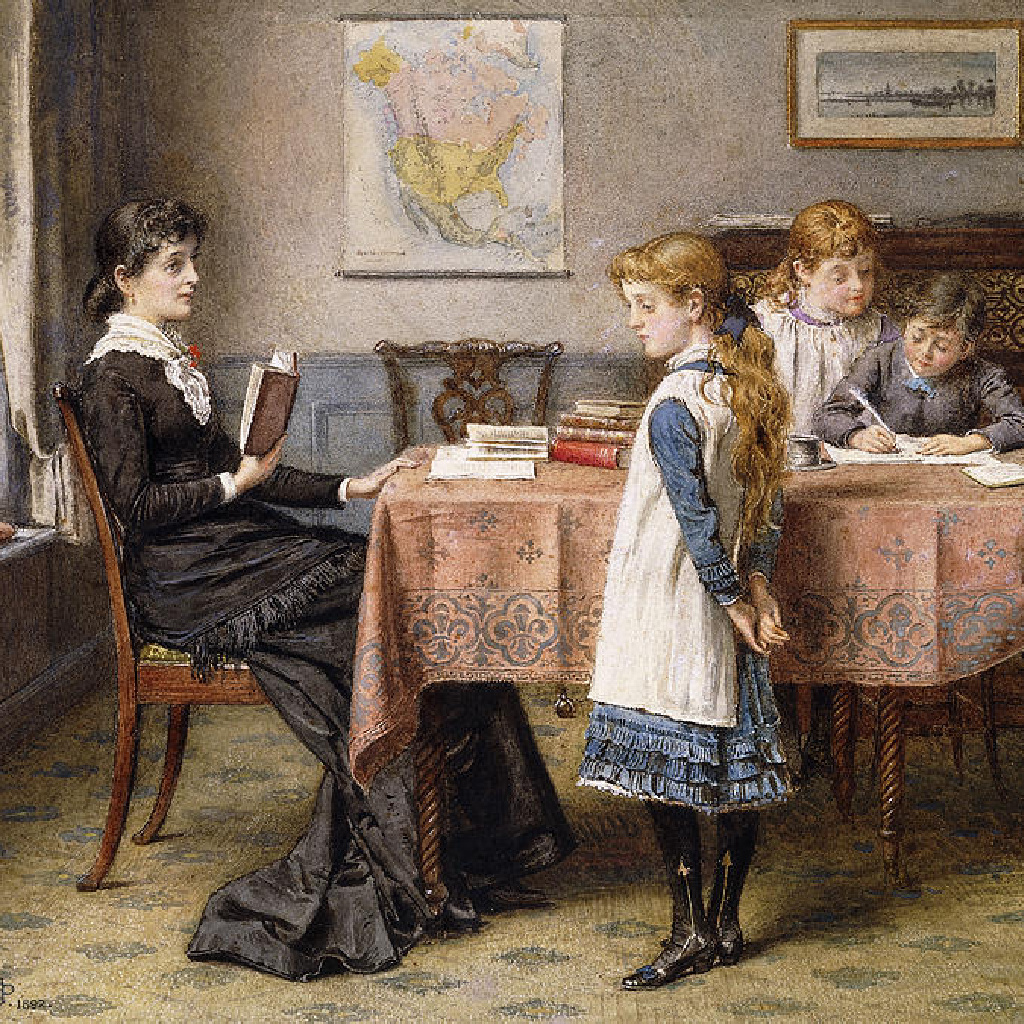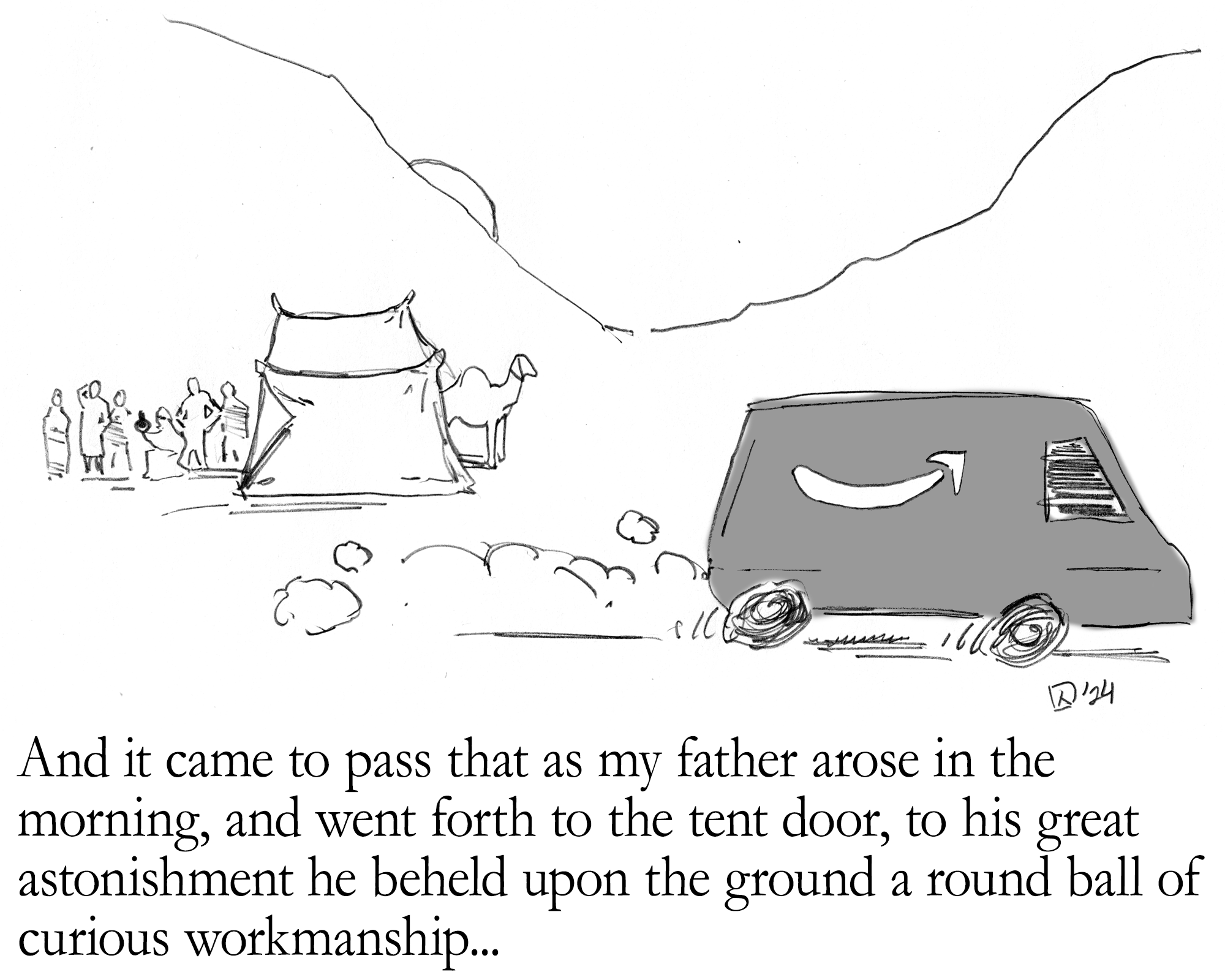Is it now, as Machiavelli observed, “evil to speak of evil”? This formulation is no doubt familiar to the Latter-day Saint reader who knows in the last days, good will be called evil and evil good. More specifically, within the Church or Christianity generally, can we speak authoritatively on pressing moral and political issues without feeling the humanitarian pressure from being too inconsiderate, too intolerant, too unchristian?
Viewers of last Sunday’s Super Bowl may have seen an ad campaign by HeGetsUs, a group of “Jesus followers” seeking to “look at the biography of Jesus through a modern lens.” Their one-minute ad featured different images of pairs of individuals, one having their feet washed by the other, representing the Lord’s washing of feet. This ad had an apparent political aspect, as the pairs of individuals were stereotypically opposed. One frame featured a woman washing the feet of a young girl outside an abortion clinic, one of a Christian pastor washing the feet of an obviously gay man, and, of our interest here, an immigrant tended to by a white lady of a Chicago suburb. Soulless humanitarianism is the ‘idol of our age.
The humanitarian proposition to “consider thy neighbor as thyself” or acknowledge our “common humanity” is evidently of Christian origin: we are all God’s children. But what happens when this humanitarian impulse predetermines political and moral action? We are all God’s children, but do we need to have open borders? We are all brothers and sisters, but must we acknowledge the “fundamental human right” to birth control and abortion?
Christians especially have a weighty responsibility to discern the fine line between Christian charity and humanitarian compassion; the devolvement into soulless humanitarianism is indeed, as Daniel Mahoney termed, the “idol of our age.” French political philosopher Pierre Manent modestly lays out this Christian responsibility in his 2020 essay, “Who Is The Good Samaritan?”
Secular humanitarians share with Christians an admiration for the story of the Good Samaritan; on its most superficial level, the parable represents the need to acknowledge and care for our suffering neighbor. But to “contextualize” the parable, to suggest that a superficial reading, a humanitarian reading, does not capture the entire purpose is akin to speaking out not only against Christ but humanity itself, and who can be against humanity?
Critiquing Pope Francis’ quasi-humanitarian interpretation of the parable, Pierre Manent rightly reaffirms what the Church Fathers knew: “The Samaritan is none other than Jesus Himself.” When reading the parable, then, the reader must be cautious not to hastily insert himself in the shoes of the Samaritan. The mortal Christian, Manent explains, has “neither the charity, nor the strength, nor the reparative virtue, nor the patience, nor the hope, nor the faith, to be like the Samaritan.” Weakly emulating the whole self-emptying being of the Good Samaritan too often devolves into misguided humanitarian efforts; to empty oneself or offer oneself as a sacrifice is not entirely possible for us, for Christ’s atoning power carries a grace and a power we mortals cannot produce.
I do not mean to suggest that we must completely negate the often-valid feelings and circumstances of the “Other” or those apart from “our own,” nor do I argue we put a complete halt to humanitarian efforts abroad; there are many beautiful, successful Christian examples of international service, our church included. The question we must ask then becomes, what wounds did the Samaritan tend to, and how can we help our neighbors heal those wounds?
“But a Samaritan while traveling came near him; and when he saw him, he was moved with pity. He went to him and bandaged his wounds, having poured oil and wine on them” (Luke 10:33-34).
There is much symbolism in this text, the likes of which John Welch brilliantly outlines here. For the sake of brevity, I take only a small quote from Hugh Nibley concerning the oil and wine:
To an outsider, this is a story of the loftiest humanitarian and moral purpose, completely satisfying in itself. Yet it would now appear that no early Christian could possibly have missed the real significance of the wine and the oil that heal the wounded man as standing for the sacrament and the anointing that restore the ailing human soul to a healthy state, thanks to the intervention of the Lord, who is the Good Samaritan.
Humanitarianism, as Manent states, is “wholly different from Christianity” as it is not concerned with any condition of the soul or spirit but is limited to alleviating material necessities. Nibley’s insight on the Good Samaritan solidifies this important distinction; the Samaritan tended to the spiritual welfare of the Jew, not merely or only to his immediate bodily necessities. Again, this is not to say material or temporal needs must be wholly overlooked in our acts of Christian charity; Thomas Aquinas aptly observed that a certain level of material prosperity is a state of virtue. Yet adopting material means is, for the Christian, ultimately pointed toward a spiritual end; humanitarian aid can only go so far for the salvation of a soul. Christian charity must be interpreted through the cardinal virtues.
It may surprise the reader when Manent, as a Thomist, critiques the frailty of man from a seemingly Augustinian angle, emphasizing our hopelessness, incapability, and fallen nature, a nature that cannot give the Divine grace of the Samaritan. Of course, there is truth here—a reading of King Benjamin would add to Manent’s point. So how exactly should the mortal Christian take the Samaritan’s initiative to “go and do ye likewise”?

Manent’s Augustinian critique must not overshadow his cautious yet hopeful Thomistic suggestion: True Christian charity must be interpreted through the cardinal virtues, namely prudence. To act as a Christian, as a Christian already situated in a shared political context, our actions are “guided by the cardinal virtues of courage, justice, and prudence” understood and transmitted by our particular political community. Void of the cardinal virtues already present in our moral-political lives, an ersatz Christian charity often “does more harm than good,” as “merely human compassion” or “fellow-feeling” is “not capable of being morally qualified.” Only by linking this human sentiment to a cardinal virtue can we confide in the efficacy of our actions and better orient our neighbor to the Inn, where they may find the true healing oil and wine of our Good Samaritan.
Moderation tames the often frivolous action resulting from the understandable sentiment of “fellow feeling.” To reuse the example, the issue of mass immigration, legal and illegal, must not be dissolved entirely under the banner of humanitarian compassion or a “love of humanity.” On the other hand, Manent explains in a 2021 essay that the “exaggerated moralism” of nationalist and populist “indignation” fails to address the issue adequately. As Manent argues, we must remember that “the migrants are our fellow beings.”
But to universalize our humanity radically undermines and overlooks the real, particular political communities in which we live. While “it is human and it is Christian” to tend to those in need, this persistence is “not unconditional.” Manent warns, “It is therefore urgent for us to wake up from the dream of a humanity without borders. We are not human beings-in-general who welcome human beings-in-general.” To adequately address the monumental immigration problem requires a sound understanding of one’s own political community, a community that may not share the faith, norms, or culture of the petitioning migrant, a migrant with their own particular political formation.
Speaking to French Christians, yet not at all irrelevant to the American reader, Manent suggests: “We cannot accomplish this difficult task if we break our political mainspring by renouncing to decide sovereignly the conditions of access to French nationality, and if we continue to weaken what remains of Christian dispositions and Catholic habits, for the sake of a religion of Humanity that delivers us over to the strongest.” As we stumble to emulate the Samaritan, our efforts must not be reduced to an imprudent humanitarian pity for the migrant. Such a perversion of the Gospel parable dangerously morphs into impiety as “the migrant becomes a sacred or cursed figure among us.” This task is a heavy task indeed.
I have spoken here of Christian action and political action. My separation of the two was not intended to be permanent but rather necessary to eventually rejoin the two together. Our Christian actions are inherently situated within a political context, and to act Christian is, after all, to act politically. Our social and political communities matter, and for many of us, these political communities are also Christian communities. Balancing our Samaritan’s admonition to “go and do ye likewise” in the context of our concrete political circumstance is a delicate act, an act determined to fail without the mediation of the cardinal virtues. For without these, our earnest efforts lead not our fellow man to the Inn but quickly deteriorate into offerings to the “religion of Humanity,” simultaneously sacrificing our cherished nation and the Gospel message on its altar.

















